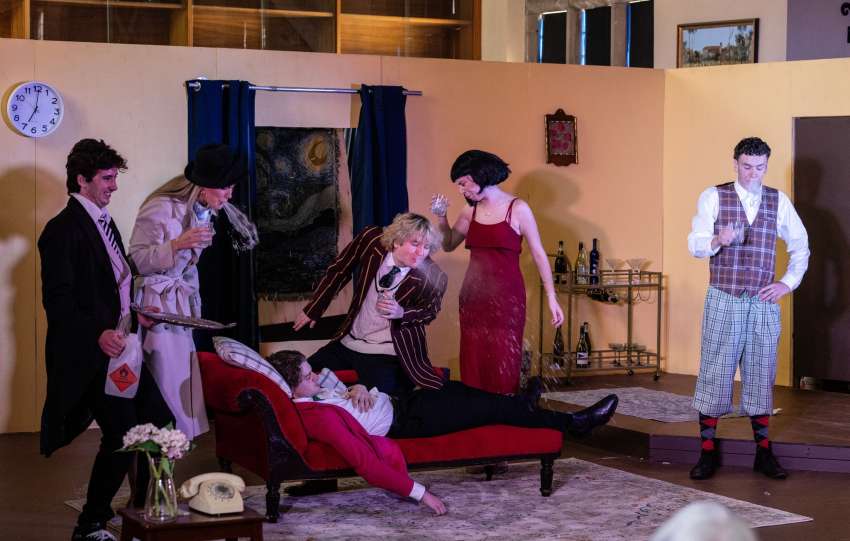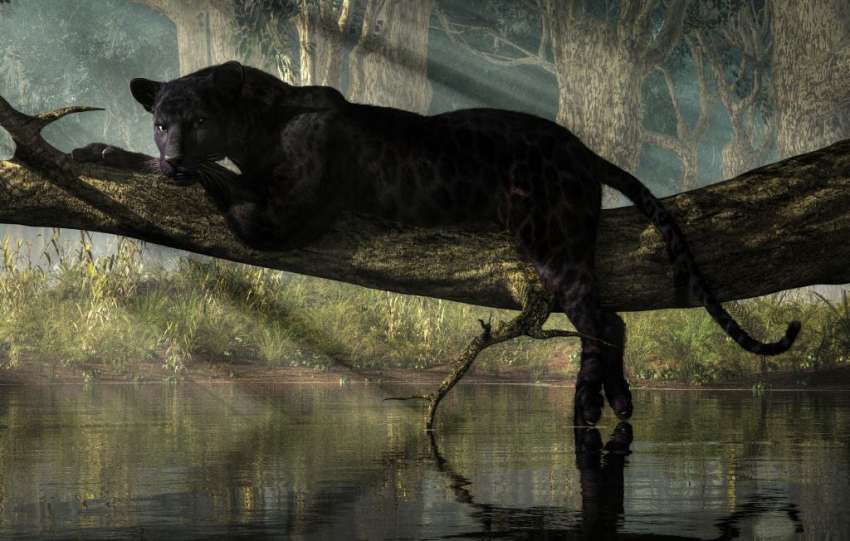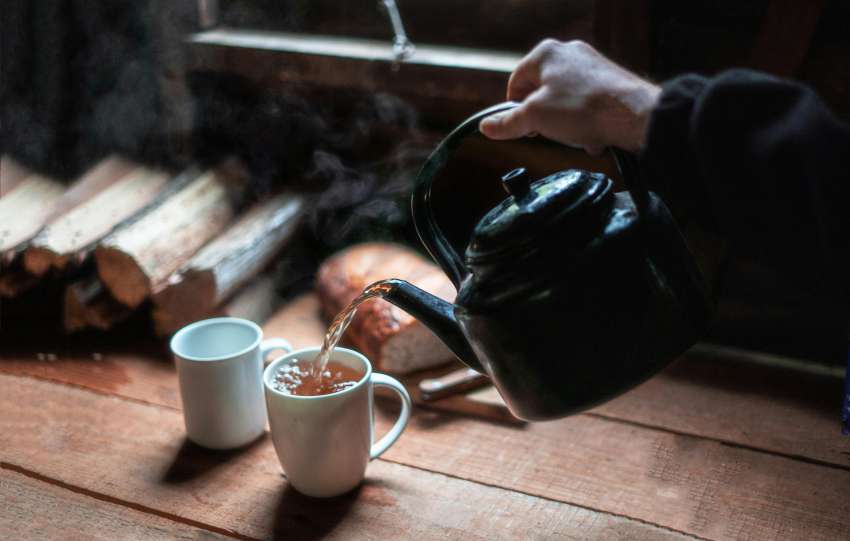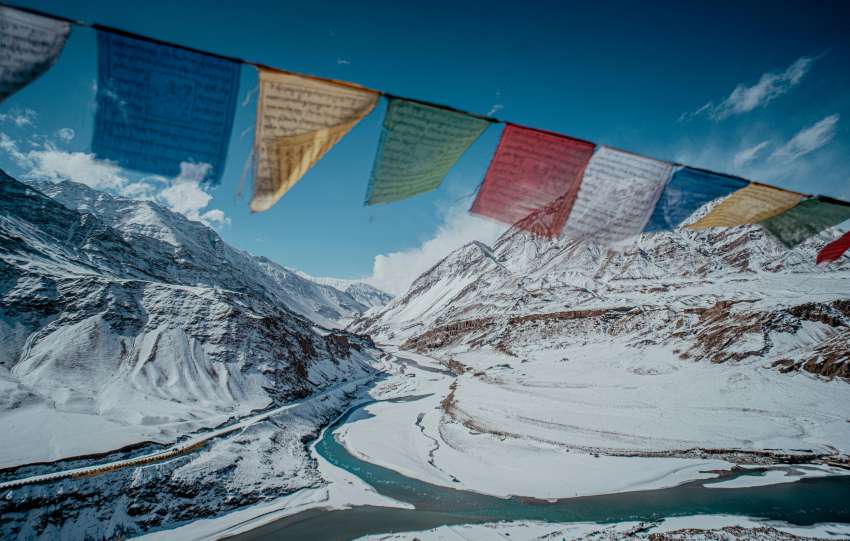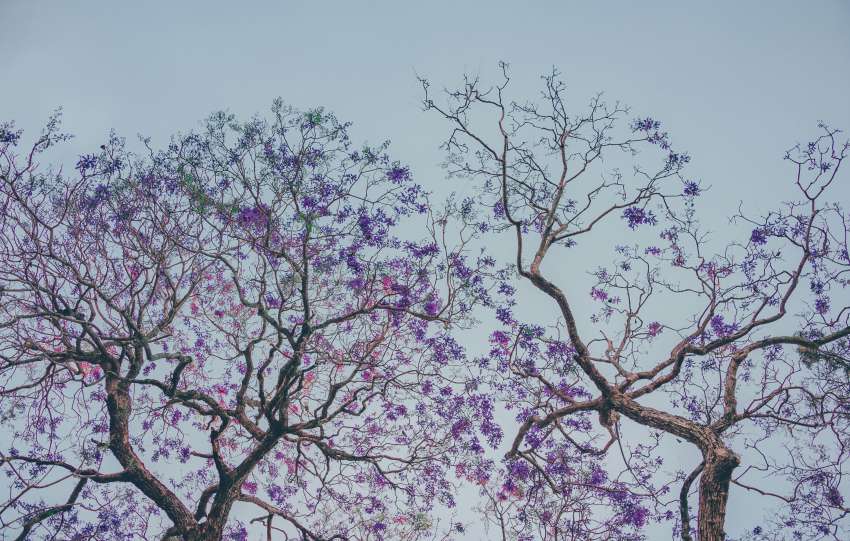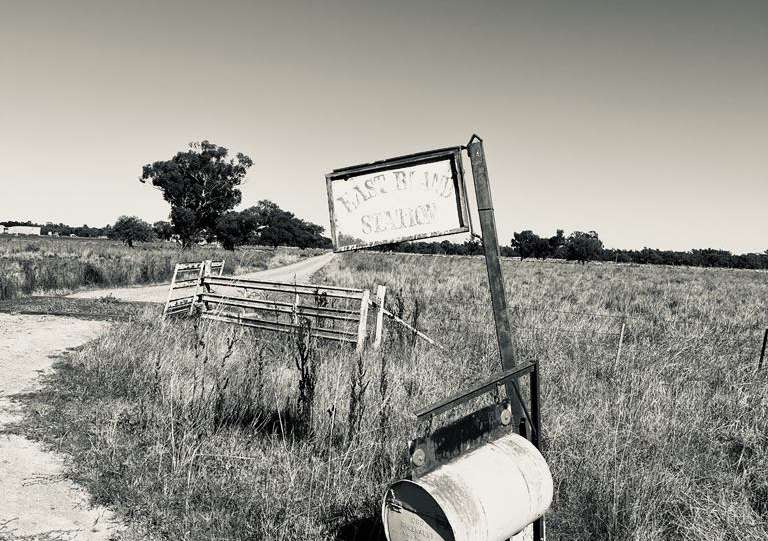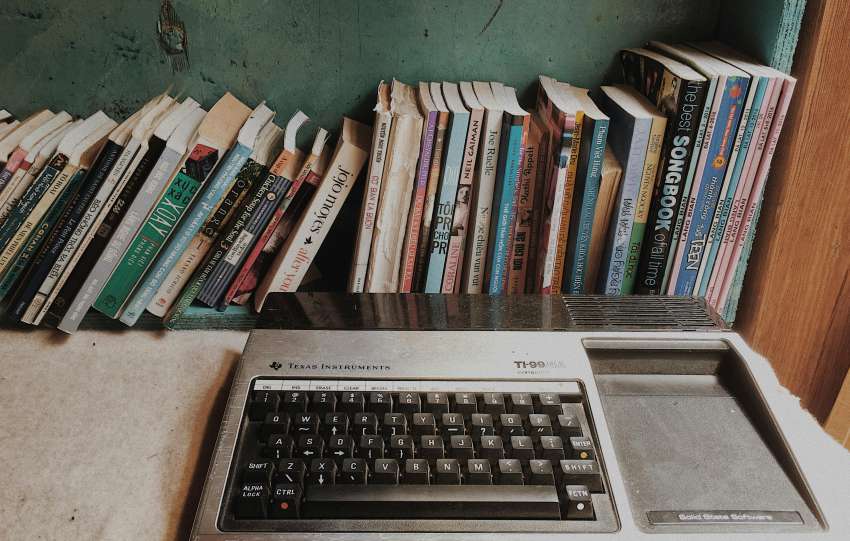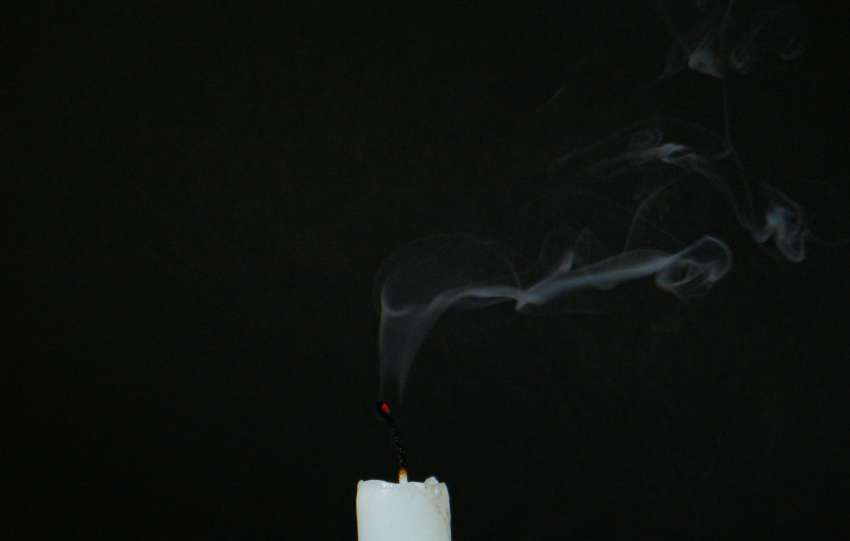If you’re in need of a good laugh, St Andrew’s annual performance of the Drama Society (DramSoc) is sure not to disappoint, and this was especially true of this year's production. Written by Henry Lewis, Jonathan Sayer and Henry Shields, the DramSoc’s take on ‘The Play that Goes Wrong’ was a brilliant display of theatrical…
